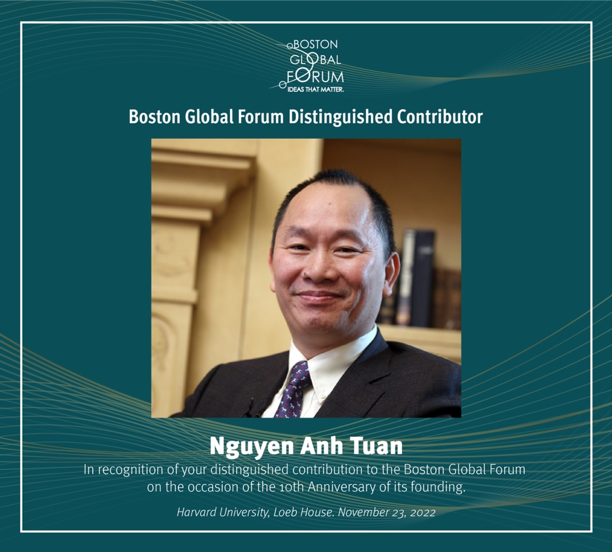
by Editor | Jan 22, 2023 | News
As we begin the new Lunar Year in 2023, the Boston Global Forum team would like to extend our warmest greetings and best wishes for a prosperous and successful year ahead.
This past year has been one of great change and adaptation, and as we look to the future, we must continue to work together to address the pressing challenges facing our world.
As the CEO of the Boston Global Forum, I am honored to lead an organization that is at the forefront of addressing this issue through our AI World Society (AIWS). Our goal is to create an Age of Global Enlightenment, where individuals and societies are empowered to live in innovation and higher understanding, and responsible use of AI is a key component of this vision.
I encourage each and every one of you to take an active role in creating an Age of Global Enlightenment by participating in the AIWS Actions and contributing your expertise, insights, and ideas. Together, we can shape the future of AI for the betterment of humanity.
As we celebrate the Lunar New Year, let us also celebrate the new opportunities and possibilities it brings. Together, we can create a brighter and more enlightened future for all.
Wishing you a happy and prosperous new Year in 2023!
Sincerely,
Nguyen Anh Tuan
CEO, Boston Global Forum

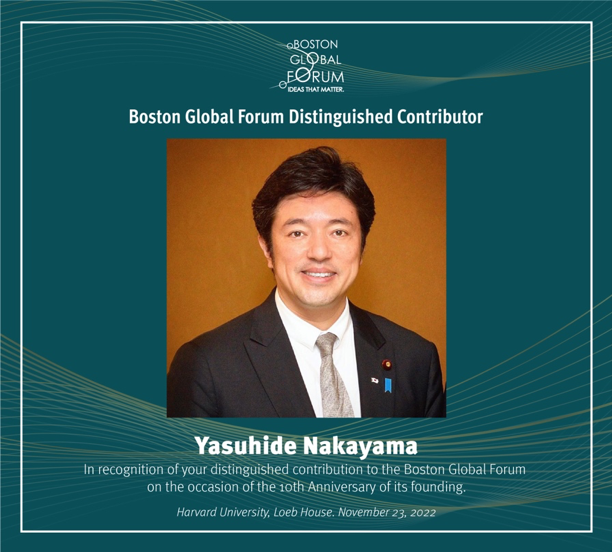
by Editor | Jan 22, 2023 | Shinzo Abe Initiative for Peace and Security
On January 20, 2023, Boston Global Forum announced that Yasuhide Nakayama has been named the coordinator of the Shinzo Abe Initiative for Peace and Security. The Shinzo Abe Initiative for Peace and Security is an initiative which focuses on promoting peace and security in the region and around the world.
Yasuhide Nakayama, as a former Defense Minister of Japan, brings a wealth of experience and knowledge in the field of international security and defense. His appointment as coordinator of the initiative indicates the significance and importance of Japan’s role in promoting peace and security in the region and the world.
The Shinzo Abe Initiative for Peace and Security, under the leadership of Yasuhide Nakayama, aims to address the most pressing security challenges facing the world today through dialogue, research, and policy recommendations. The initiative will convene experts, policymakers, and leaders from around the world to discuss and develop solutions to these challenges, with the goal of creating a more stable and peaceful world.

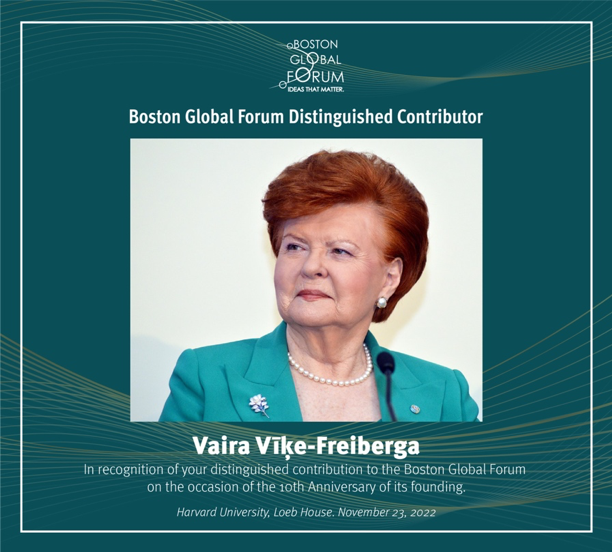
by Editor | Jan 22, 2023 | Global Alliance for Digital Governance
Chinese military experts are reportedly exploring “smart deterrence” concepts, marking a significant evolution in China’s use of artificial intelligence (AI) and other emerging technologies from tactical and operational military levels to influence strategic-level decision-making.
South China Morning Post reported that China could become a leader in so-called “intelligent warfare”, drawing on advanced technologies such as AI, cloud computing, big data analytics and cyber offense and defense.
It is important to note that any potential military use of AI raises significant ethical and legal concerns, and it is important for governments and international organizations to address these issues through open and transparent dialogue.
Global Alliance for Digital Governance is deeply concerned and will discuss with leaders about this issue.
https://asiatimes.com/2023/01/smart-deterrence-chinas-ai-warfare-plan-for-taiwan/
https://www.scmp.com/news/china/military/article/3206780/call-pla-use-ai-smart-deterrence-against-us-over-taiwan

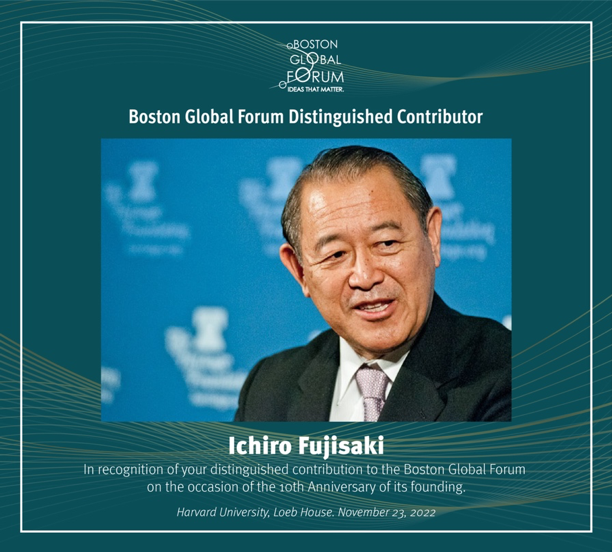
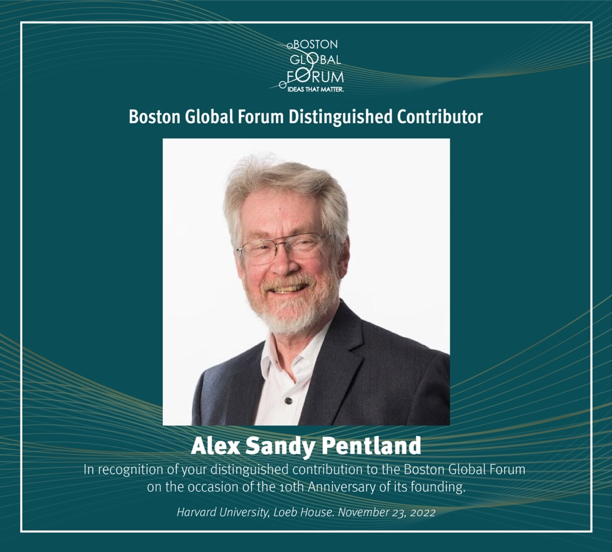
by Editor | Jan 22, 2023 | Event Updates, News
The data economy is a rapidly growing field that holds great potential for innovation and progress. However, as we continue to develop this economy, it is important to ensure that it meets the standards of the Social Contract for the AI Age and supports the Global Enlightenment Economy.
Here are the initiatives for a Global Enlightenment Economy based on data economy:
- The Boston Global Forum (BGF) will work with governments and organizations to create new policies and programs that promote education, training, and access to data and data-driven technologies for all individuals.
- Global Alliance for Digital Governance will develop data trust frameworks. These frameworks provide a way for organizations and individuals to share data in a secure and transparent way, while also maintaining control over the data and its use. This is crucial for building trust and fostering collaboration in the data economy.
- BGF also promote the use of data for social good and encourage the development of data-driven solutions to address global challenges such as poverty, inequality, and environmental sustainability: every citizen can become an innovator.
The Boston Global Forum on “Data Economy for Global Enlightenment” will discuss above initiatives and will focus on finding ways to harness the power of data and data-driven technologies to promote economic growth and social progress, while also ensuring that these technologies are used in a responsible and ethical manner that meets the standards of the Social Contract for the AI Age and supports the Global Enlightenment Economy. By promoting data exchange, trust frameworks and data-driven solutions for social good, we can foster an inclusive and equitable data economy that benefits all.

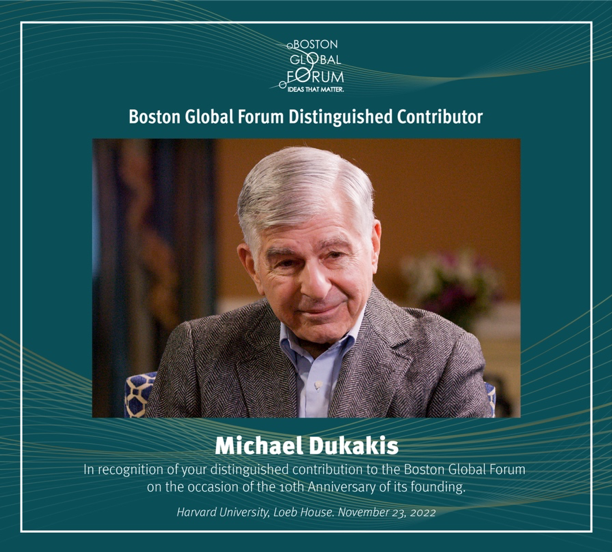
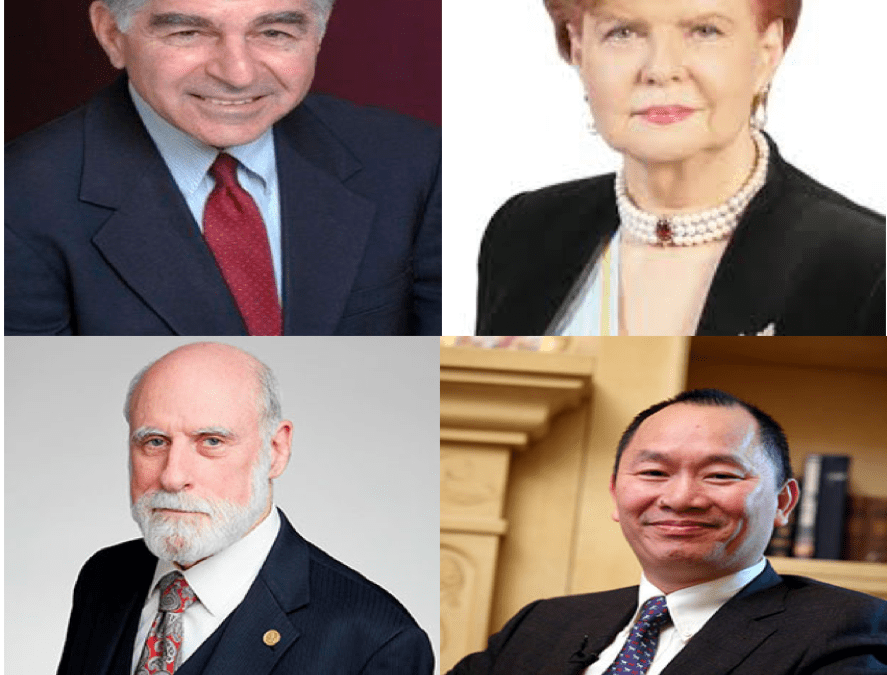
by Editor | Jan 15, 2023 | News
ChatGPT can be used as an AI assistant for writing tasks such as essays, press releases, and speeches. The model’s advanced language understanding capabilities can help users generate text that is coherent, grammatically correct, and in line with their intended meaning. However, it’s important to keep in mind that GPT-3 is a machine learning model and its output may not be entirely accurate or appropriate, it’s always good to proofread and fact-check before publishing or submitting any work. Additionally, it’s important to use GPT-3 in a way that respects the rights and privacy of individuals, as outlined in the AIWS Social Contract for the AI Age.
The Social Contract for the AI Age introduced and considered the AI Assistant as a power center.
The History of AI House discussed about ChatGPT as an AI Assistant.
AI assistants are a center of power in the Social Contract for the AI age. In the AI age, ChatGPT and other AI systems have the potential to fundamentally change the way society functions and the nature of the social contract.
As a center of power, an AI Assisant can assist leaders in making decisions that affect society, such as those related to healthcare, education, and the economy. By providing data-driven insights and predictions, ChatGPT – AI Assistant can help leaders identify patterns and trends that can inform policy decisions and improve social outcomes. Additionally, ChatGPT – AI Assistant can assist in automating repetitive tasks and creating written documents, which can improve efficiency and productivity in various sectors.
However, the increasing use of AI systems also raises ethical and legal concerns, such as privacy, bias, and accountability. It is important to ensure that the Social Contract for the AI Age, fair and just, taking into account the rights and interests of all members of society.
Overall, ChatGPT as an AI assistant can be seen as a center of power in the Social Contract for the AI Age, providing valuable assistance to leaders while also raising important ethical and legal considerations. It is important to ensure that the benefits of AI are shared equitably and that the rights and interests of all members of society are protected.
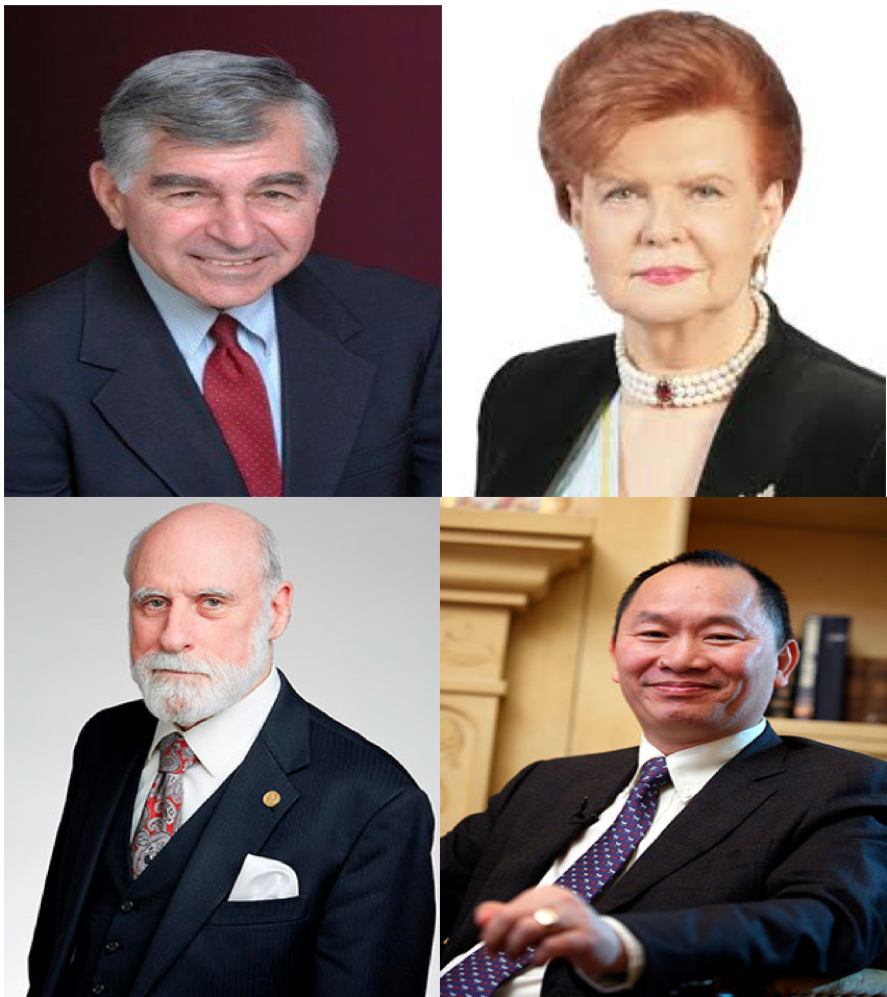
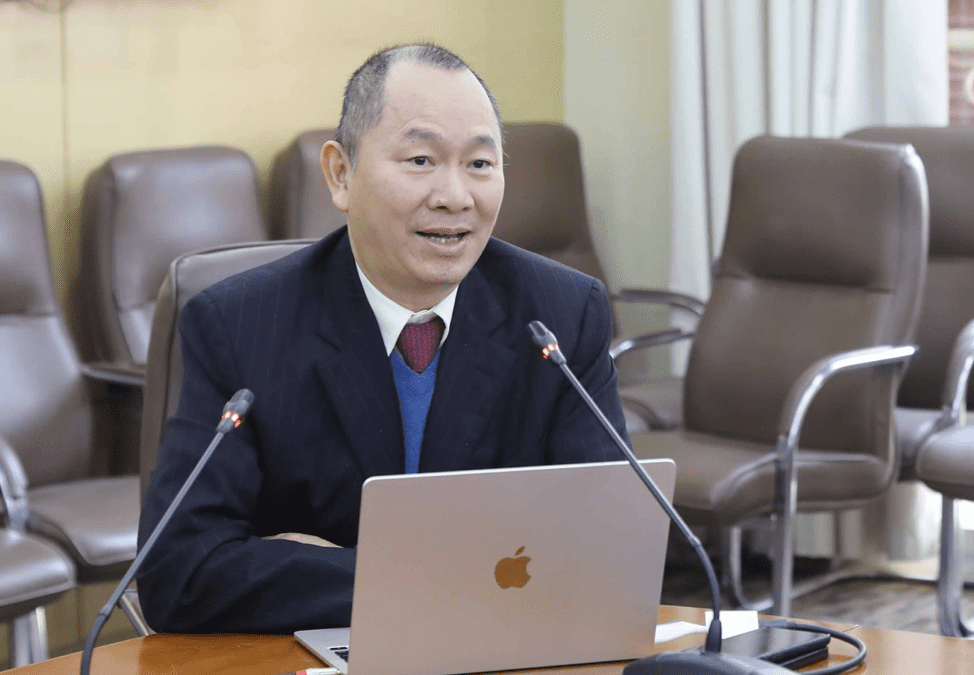
by Editor | Jan 15, 2023 | News
On January 4, 2023 at Thuy Loi University, Ha Noi, Vietnam, Nguyen Anh Tuan, CEO of the Boston Global Forum, has spoken about the idea of a more enlightened and connected global community, where knowledge, information and technology are shared and used to improve the well-being of all people. This would be in line with the principles of the Age of Global Enlightenment. It could involve the use of technology, such as Artificial Intelligence, to promote Global Enlightenment values and improve the functioning of society.
He highlights Universities in the Age of Global Enlightenment:
- Create a lifelong learning ecosystem – each citizen is an innovator, learning is associated with creating a life and path for themselves.
- Participating in the creation of the Age of Global Enlightenment: jointly building the Global Enlightenment Economy infrastructure on the basis of the data economy – Artificial Intelligence
- Pioneer in building a Global Enlightenment Culture
- Pioneer in applying AI, blockchain, data to education, training, research and university administration.
A new model of university in the Age of Global Enlightenment would likely focus on providing students with a well-rounded education that emphasizes critical thinking, interdisciplinary study, and the ability to navigate a rapidly changing world. This might include a greater emphasis on experimental lifelong learning and real-world problem-solving, as well as the integration of new technologies and digital platforms to enhance the learning experience. Additionally, the university would likely place a greater emphasis on fostering a global perspective, encouraging students to study abroad and engage with diverse cultures and perspectives. Such a university would equip students with the skills, knowledge, and mindset necessary to thrive in an interconnected and rapidly changing world.
Universities can play a significant role in building data economy infrastructure by conducting research and development in areas such as data science, machine learning, and artificial intelligence. They can also provide education and training programs to students and professionals to develop the necessary skills and knowledge to work in the data economy. Additionally, universities can foster collaborations and partnerships with industry and government to apply their research and expertise to real-world problems and develop new products and services to create an ecosystem where citizens have access to the knowledge and resources needed to become data-literate innovators, and where the responsible use of data is at the core of the culture. This ecosystem will foster innovation, job creation and growth in the data economy, ultimately supporting the well-being of every citizen.
Please read more about this news at: https://www.tlu.edu.vn/tin-tuc/talk-dai-hoc-trong-ky-nguyen-khai-sang-15531
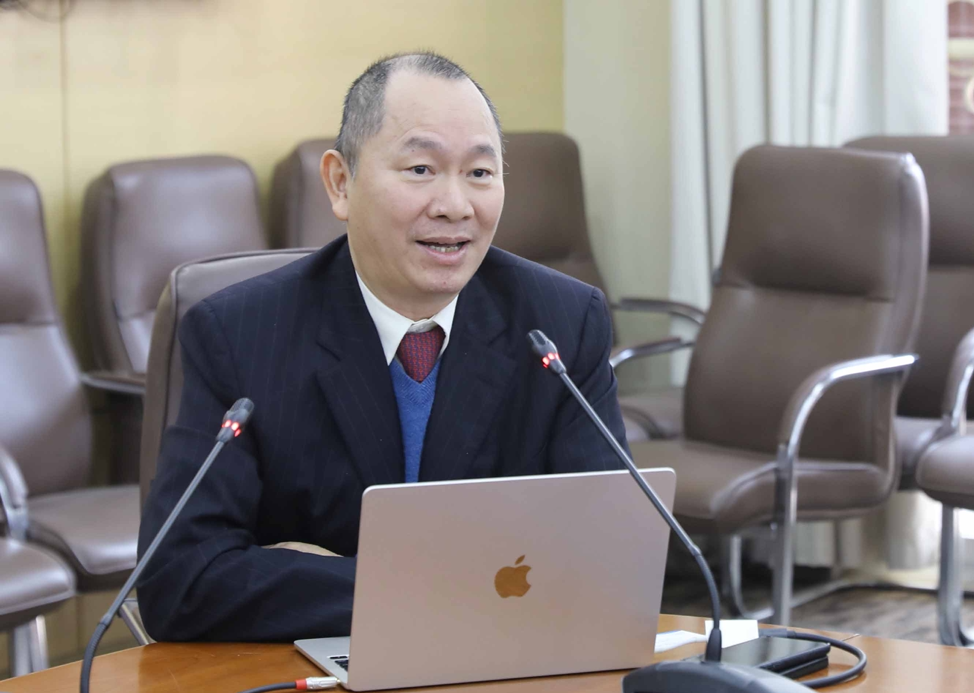
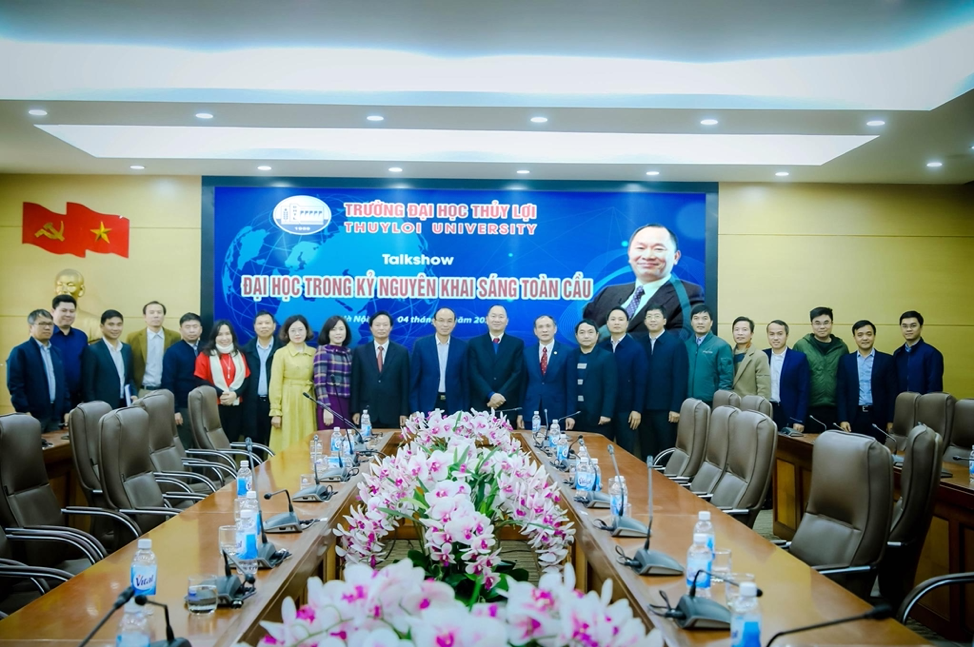
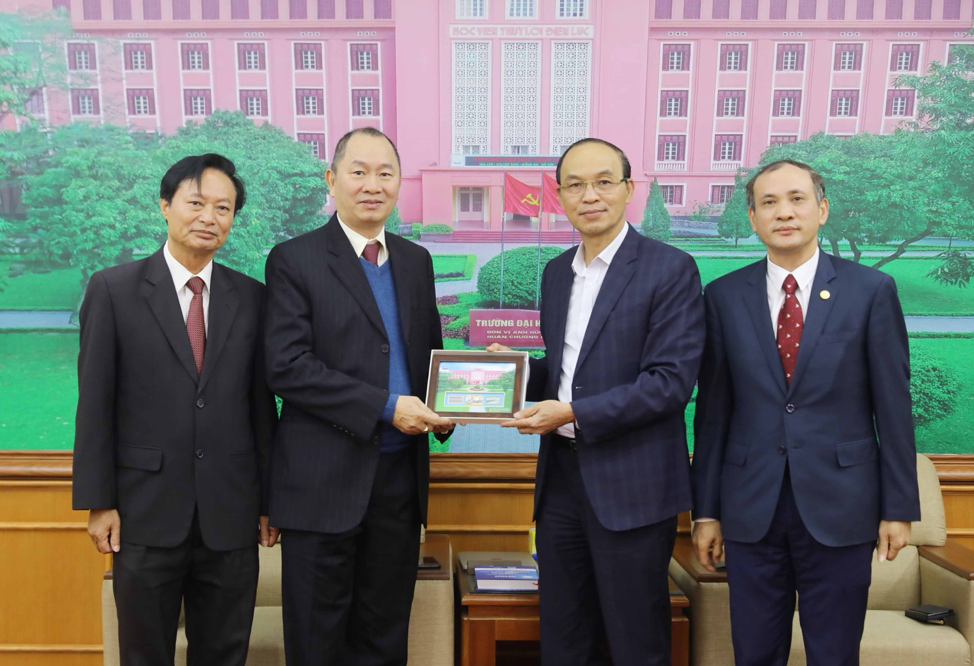
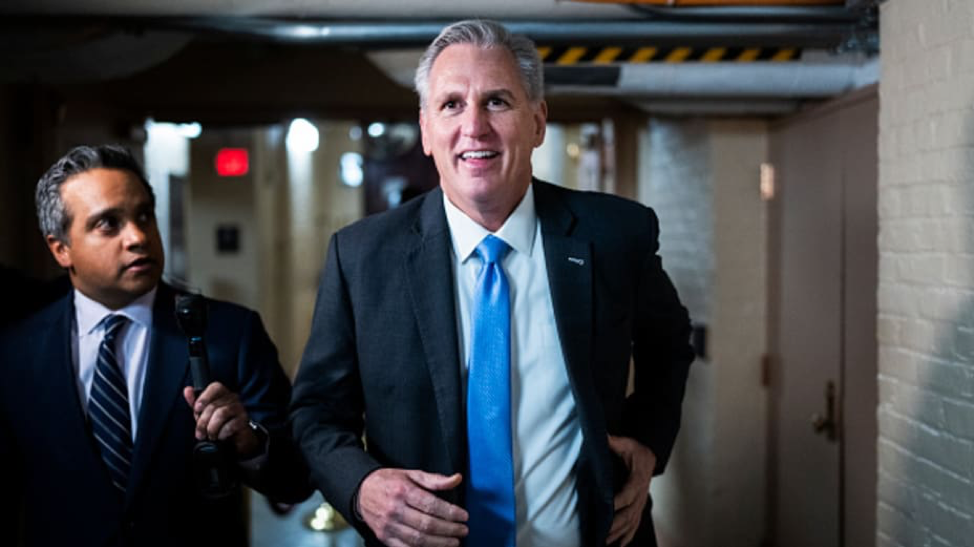
by Editor | Jan 15, 2023 | Global Alliance for Digital Governance
On January 10, 2023, the U.S. House of Representatives voted overwhelmingly on Tuesday to create a select committee on China, using one of its first votes since Republicans took control to stress members’ desire to counter Beijing’s growing international influence.
The House voted 365 to 65 in favor of a resolution establishing the Select Committee on the Strategic Competition Between the United States and the Chinese Communist Party, which will investigate the issue and make policy recommendations.
https://www.reuters.com/world/us/new-us-house-creates-committee-focused-competing-with-china-2023-01-10/
https://www.cnbc.com/2023/01/10/gop-led-house-creates-a-new-china-threat-committee-its-first-big-bipartisan-win.html
The Global Alliance for Digital Governance considers this a significant event in global governance and can help the world can in maintaining digital peace and security.

Picture courtesy by CNBC
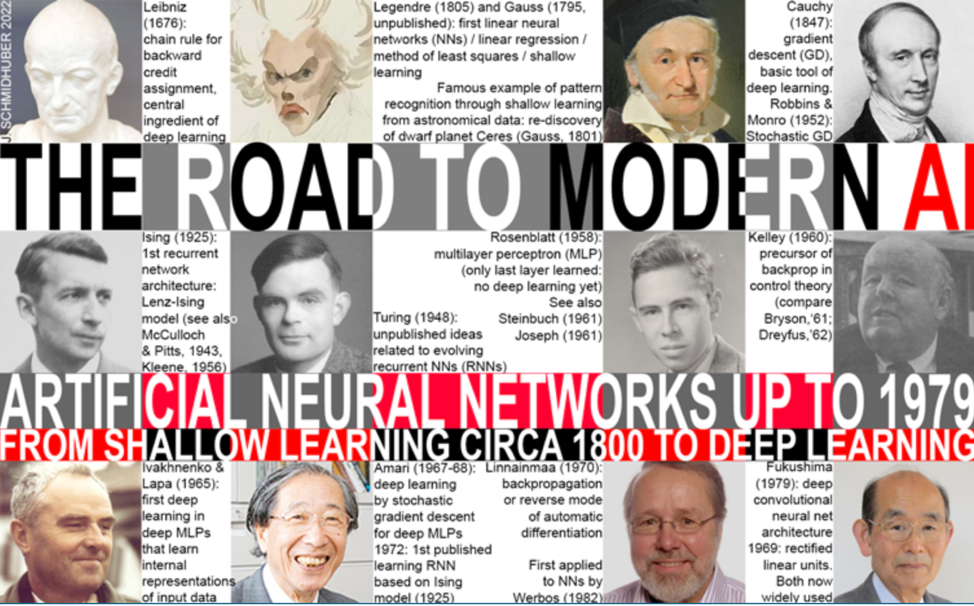
by Editor | Jan 9, 2023 | News
Jürgen Schmidhuber published the feature “Annotated History of Modern AI and Deep Learning” at https://people.idsia.ch/~juergen/deep-learning-history.html
The History of AI at AIWS.net considers it a significant work of the History of AI.
The BGF will organize a History of AI roundtable on this Jürgen Schmidhuber work in middle of February with attendance of History of AI Board Members and AI experts.
Abstract:
Machine learning (ML) is the science of credit assignment: finding patterns in observations that predict the consequences of actions and help to improve future performance. Credit assignment is also required for human understanding of how the world works, not only for individuals navigating daily life, but also for academic professionals like historians who interpret the present in light of past events. Here I focus on the history of modern artificial intelligence (AI) which is dominated by artificial neural networks (NNs) and deep learning,[DL1-4] both conceptually closer to the old field of cybernetics than to what’s been called AI since 1956 (e.g., expert systems and logic programming). A modern history of AI will emphasize breakthroughs outside of the focus of traditional AI text books, in particular, mathematical foundations of today’s NNs such as the chain rule (1676), the first NNs (linear regression, circa 1800), and the first working deep learners (1965-). From the perspective of 2022, I provide a timeline of the—in hindsight—most important relevant events in the history of NNs, deep learning, AI, computer science, and mathematics in general, crediting those who laid foundations of the field. The text contains numerous hyperlinks to relevant overview sites from my AI Blog. It also debunks certain popular but misleading historic accounts of deep learning, and supplements my previous deep learning survey[DL1] which provides hundreds of additional references. Finally, to round it off, I’ll put things in a broader historic context spanning the time since the Big Bang until when the universe will be many times older than it is now. The present piece is also the draft of a chapter of my upcoming AI book.
Disclaimer. Some say a history of deep learning should not be written by someone who has helped to shape it—“you are part of history not a historian.”[CONN21] I cannot subscribe to that point of view. Since I seem to know more about deep learning history than others,[S20][DL3,DL3a][T22][DL1-2] I consider it my duty to document and promote this knowledge, even if that seems to imply a conflict of interest, as it means prominently mentioning my own team’s work, because (as of 2022) the most cited NNs are based on it.[MOST] Future AI historians may correct any era-specific potential bias.

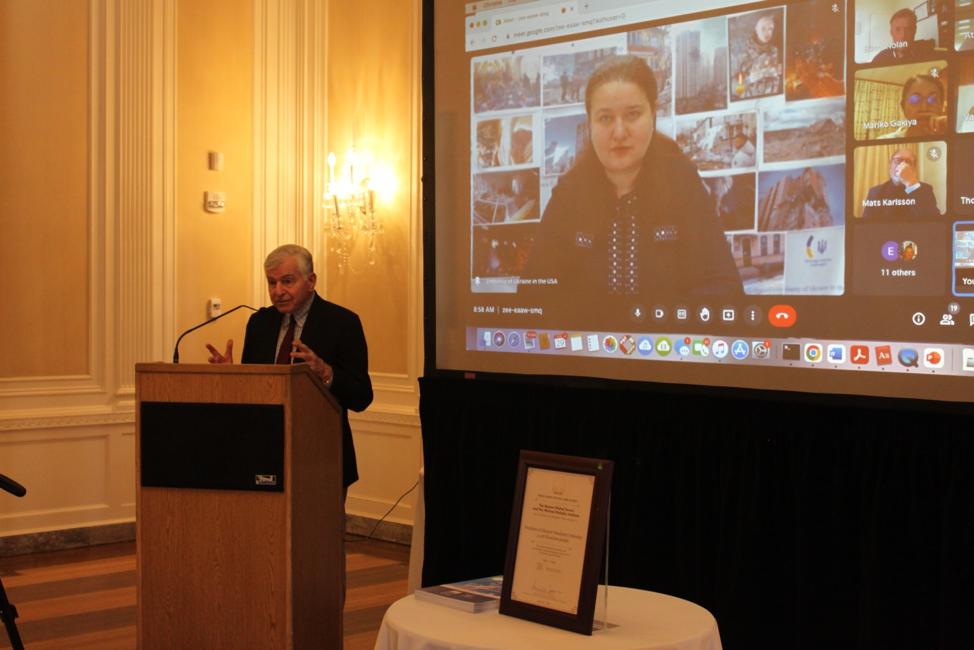
by Editor | Jan 9, 2023 | News
The thunderous applause broke out as soon as Governor Maura Healey officially took up the title. Her number two, Lieutenant Governor Kim Driscoll, took the oath next. Their speeches hit on climate change, transportation and housing. “Let’s chart our path forward, walk it together into the next chapter of the Massachusetts story,” said Healey in her speech.
The 73rd Governor had a lot of support show up, including former governors from both parties, and Republican Bill Weld. “It’s a very good day. It’s the most orderly transfer of power I can conceive of,” said Weld.
Democrat Michael Dukakis, Chair of Boston Global Forum, came with the advice — pick good people and don’t ignore the T. “This is a city and state that care a lot about transportation. They like public transportation and they want to like it…and ride it,” said Dukakis.
Governor Healey told Boston 25 News they are still assembling their cabinet but the first cabinet meeting is scheduled for tomorrow. She also said in her speech — they will have a new MBTA Chief within 60 days.
https://www.boston25news.com/news/local/suffolk-county/former-current-future-leaders-turn-out-support-new-governor/26DANZRXHVB37C6IZP37IQVFLI/















